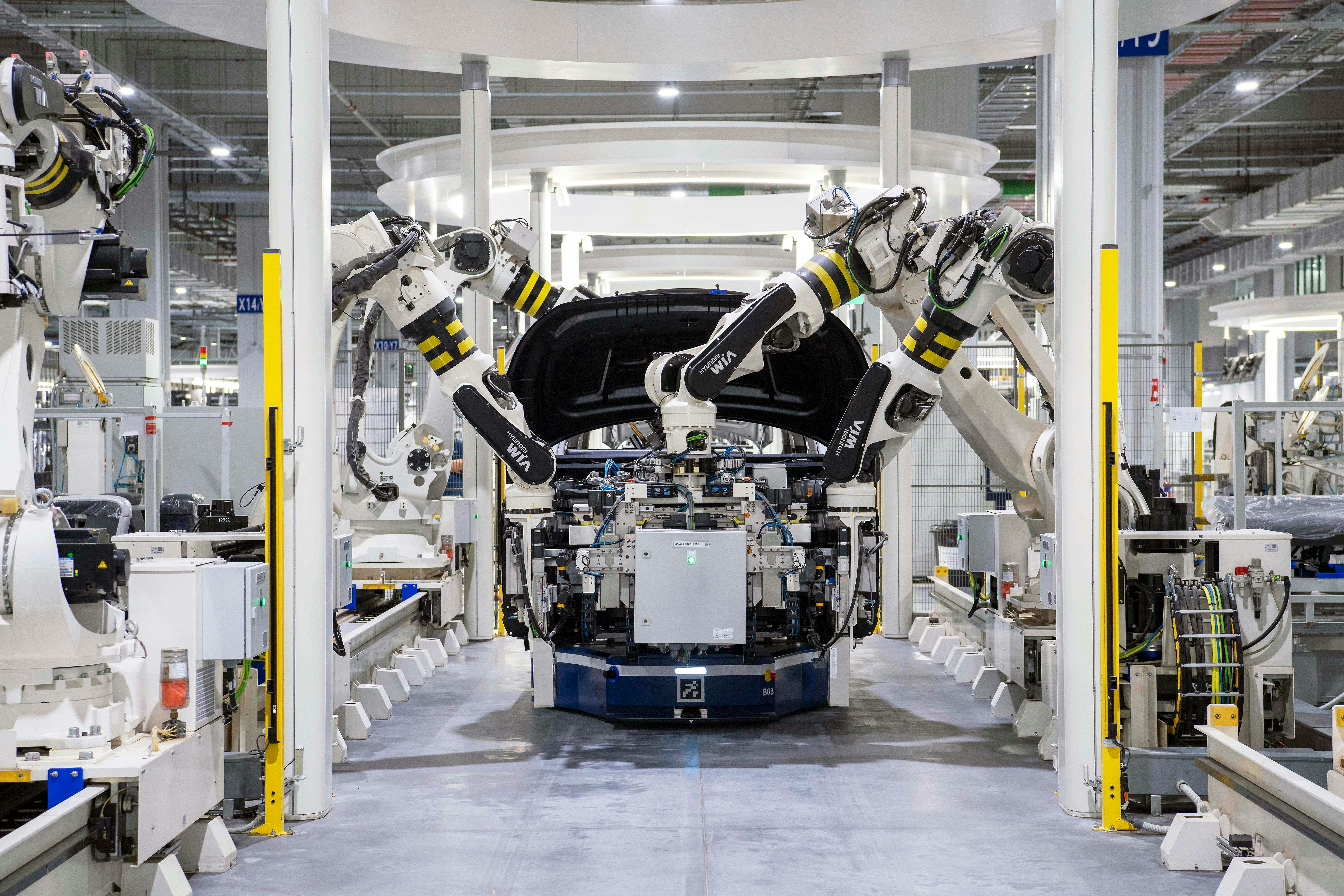
The Evolution of What’s Next: Is Brain Transplant Real?
In the not-so-distant future, the line between science fiction and reality is blurring. Imagine a world where a person's consciousness could be transferred into a new body, offering a second chance at life. This isn't the plot of a dystopian novel but a burgeoning field in medical science. Welcome to the era of brain transplants.
The Genesis of Brain Transplant Concepts
The idea of transplanting a human head isn't new. In the 1970s, Italian neurosurgeon Dr. Sergio Canavero proposed the controversial concept of head transplantation. His vision involved severing the spinal cord and reconnecting the head to a donor body. While his theories sparked debates, they also ignited imaginations worldwide.
Fast forward to the 2020s, and the conversation has evolved. Advances in robotics, artificial intelligence, and neuroscience have brought the possibility of brain transplants closer to reality. Companies like BrainBridge are at the forefront, developing AI-driven systems designed to perform head transplants with precision and care.
The Science Behind the Surge
At the core of these advancements is the integration of robotics and AI. BrainBridge, for instance, has unveiled a concept that combines high-speed robotics with real-time molecular imaging to facilitate head transplants. Their system aims to preserve the patient's consciousness by ensuring the seamless reconnection of the spinal cord and neural pathways.
However, the technical challenges are immense. The human brain's complexity, the intricacies of the nervous system, and the body's immune responses present significant hurdles. Yet, researchers remain optimistic, drawing parallels to past medical breakthroughs that once seemed unattainable.
Ethical and Philosophical Considerations
With great power comes great responsibility. The prospect of brain transplants raises profound ethical questions. What does it mean to be human if one's consciousness can exist independently of the body? Philosophers like John Locke have pondered the nature of personal identity, and these discussions are more pertinent than ever.
Moreover, the potential for inequality looms large. Access to such life-altering procedures could be limited to the wealthy, exacerbating societal divides. Ensuring equitable access and establishing ethical guidelines will be crucial as this field progresses.
The Role of AI and Robotics
Artificial intelligence plays a pivotal role in the development of brain transplant technologies. Beyond just assisting in surgical procedures, AI can analyze vast amounts of data to predict outcomes, personalize treatments, and even simulate potential scenarios. This capability enhances precision and reduces risks associated with complex surgeries.
Robotics, on the other hand, offers unparalleled dexterity and consistency. Surgeons can perform intricate procedures with minimal invasiveness, leading to faster recovery times and reduced complications.
Real-World Applications and Trials
While human head transplants remain largely theoretical, related fields are making tangible progress. For instance, brain-computer interfaces (BCIs) have shown promise in restoring lost functions. Companies like Neuralink and Paradromics are developing BCIs that allow individuals to control prosthetic limbs or communicate via thought alone.
Additionally, xenotransplantation—the process of transplanting organs from animals to humans—is being explored to address organ shortages. Recent experiments involving genetically modified pig organs have shown functional success, albeit with challenges related to immune rejection.
The Road Ahead
The journey toward successful brain transplants is fraught with challenges, both technical and ethical. However, the strides made in related fields provide a glimmer of hope. As technology advances and societal discussions evolve, the dream of brain transplants may one day become a reality.
In the meantime, platforms like [contenthub.Guru] are essential in disseminating knowledge, fostering discussions, and keeping the public informed about these groundbreaking developments.
🔍 FAQ: Brain Transplants – What You Need to Know
Q1: What is a brain transplant?
A brain transplant involves transferring a person's brain into a donor body. The goal is to preserve the individual's consciousness and identity while providing a new, healthy body.
Q2: Are brain transplants currently possible?
As of now, brain transplants are not feasible. However, advancements in AI, robotics, and neuroscience are paving the way for future possibilities.
Q3: What are the main challenges associated with brain transplants?
Key challenges include the complexity of the human brain, the intricacies of the nervous system, immune rejection, and ethical considerations regarding personal identity.
Q4: How does AI contribute to brain transplant research?
AI assists in analyzing data, simulating outcomes, and enhancing surgical precision, all of which are crucial for the success of brain transplant procedures.
Q5: Are there any real-world applications related to brain transplants?
Yes, developments in brain-computer interfaces and xenotransplantation are related fields making significant progress, offering insights and technologies that could support future brain transplant endeavors.
🛠️ How to Stay Informed About Brain Transplant Developments
-
Follow Reputable Sources: Keep an eye on scientific journals, medical news outlets, and platforms like [contenthub.Guru] for the latest updates.
-
Engage in Discussions: Participate in forums and discussions to understand diverse perspectives and ethical considerations.
-
Educate Yourself: Read books and articles on neuroscience, AI, and bioethics to gain a comprehensive understanding of the subject.
-
Support Ethical Research: Advocate for research that prioritizes ethical standards and equitable access to medical advancements.
-
Stay Open-Minded: The field is rapidly evolving; staying adaptable and open to new information is crucial.
In conclusion, while brain transplants remain a concept of the future, the advancements in related fields are laying the groundwork for what could be a revolutionary medical procedure. As technology progresses and ethical frameworks are established, the possibility of brain transplants may transition from science fiction to science fact. Stay informed, stay curious, and keep exploring the frontiers of human potential.
Suggested for You

The Evolution of AI: What's Next in 2025 and Beyond
Reading Time: 5 min
Explore the latest developments in AI, philosophical perspectives, and what the future holds for art...
Read More →
The Next Life: Machines Building Machines and the Dawn of a Post-Human Era
Reading Time: 5 min
Explore the evolution of a world where machines build machines. From AI pioneers to cultural shifts,...
Read More →
The Next Frontier: Navigating the Evolution of the Internet
Reading Time: 5 min
Explore the future of the internet, from AI advancements to digital transformation, and how it's res...
Read More →.jpg?alt=media&token=eee8c90a-78da-4e81-9501-45f53adb6eb3)
Meta’s New Smart Glasses: Ray-Ban Display, Oakley Vanguard & the Birth of “Personal Superintelligence”
Reading Time: 5 min
Meta launches its first smart glasses with built-in display and neural wristband. Celebrating design...
Read More →
Comments